Know the Answer? Keep it to Yourself
The most universally challenging part of leadership?
It’s not budgeting. It’s not strategy. It’s not cultivating self-awareness. (Important though these are.)
In my experience as a leader and a coach to other leaders, it’s recognizing this: your job is not to have all the answers.
Knowing the answers can help. A bit of hard-won advice and a pep-talk are, on occasion, just what it is warranted.
More often, though, you and your team will be better served by you acting as a coach. Not by hiring a coach, but by acting as one.
What does this mean for leaders, in practice?
In brief: instead of telling someone what you would do in their shoes, ask them what they should do.
Instead of having all the answers, encourage others to find them. Or merely point them towards the source.
Essentially, have a lighter touch - and foster team success and accountability in the process.
A few examples:
Most managers give feedback and delegate by saying some version of “This is what you should do” - and perhaps add “It’s what I would do in your shoes and I’m basing this on years of experience.”
That doesn’t motivate or reach most people. Especially these days.
It might have worked on you early in your career, but early-career you is not who you are managing today.
Good managers tap into motivation. “Here’s why I picked you for this.” “Here’s something I know you will be able to do well.” This personalizes the ask (which is good for motivation and psychological safety) and motivates reasonably well. But it doesn’t always get the job done.
Great leaders take an element of this and combine it with… coaching. What does that look like in practice?
Instead of telling people what to do, they ask them. This promotes learning, fosters accountability, and helps ensure you’re not always being asked the same questions.
Instead of giving people a check list, they give them an end goal and a nudge. This taps into intrinsic motivation and frees you up to focus your energies elsewhere (psst: strategy is not a bad place to start.)
Instead of answering questions all day, they respond with a question of their own. After all, you learn nothing when you’re the only one talking.
Instead of giving a bit of advice, they ask “what does your experience tell you?” or “What do you need from me to keep the work moving?”
Of course, not answering a question is often tougher than answering it.
But if you find yourself saying things like “no one else around here is accountable” or “I’ve been telling this person what they need to do differently for years and they just don’t seem to listen,” then I suggest to you start learning how not to answer the question.
Helpful article? You tell me ;)
—
Ellie Hearne helps leaders bring strategy and culture together. As founder of Pencil or Ink, she has worked with dozens of industry-leading companies, one or two government agencies, and a handful of non-profits. She is Head Tutor of Oxford University’s Strategic Innovation Program and is Treasurer of the University of St Andrews American Foundation.

